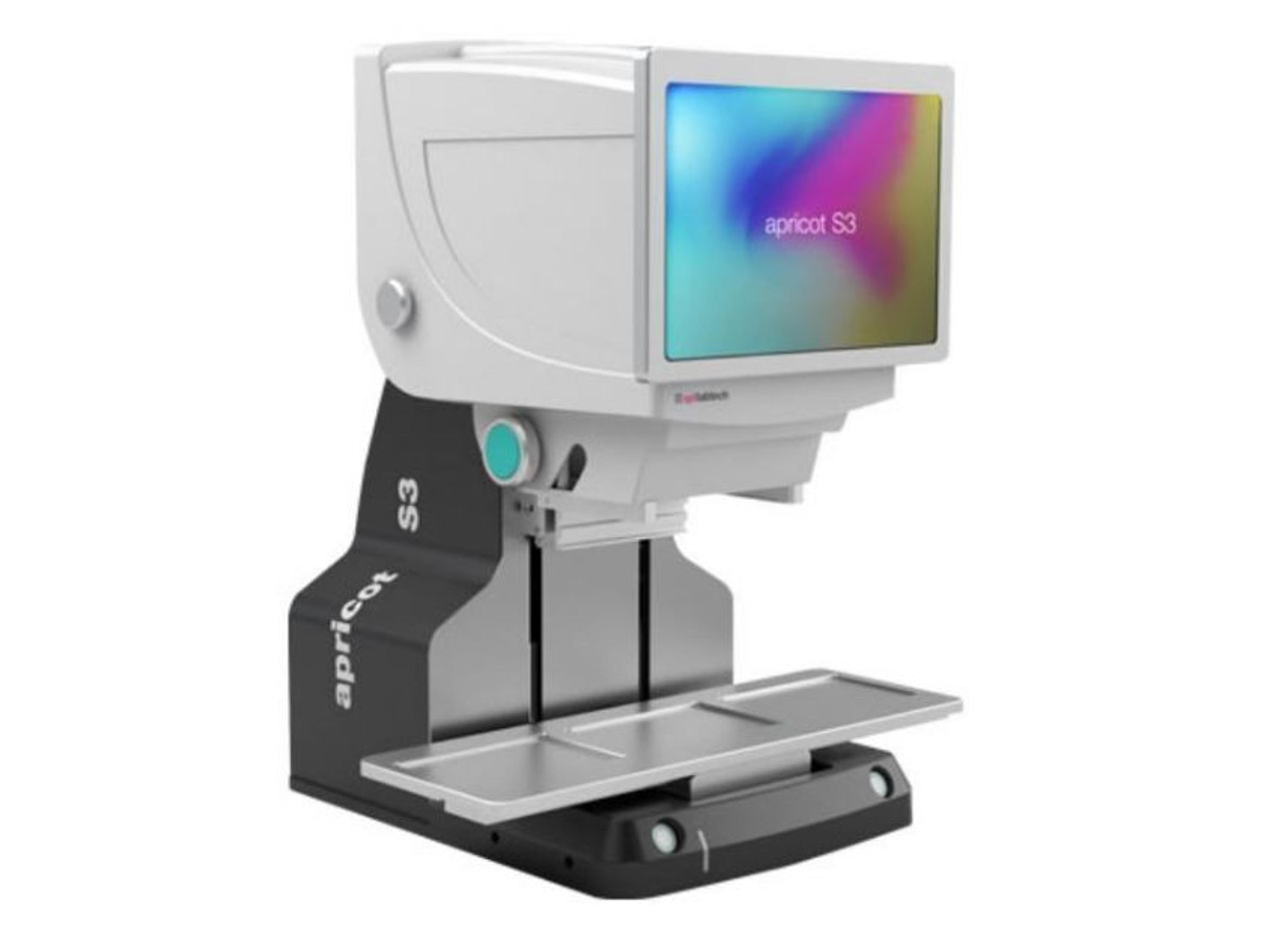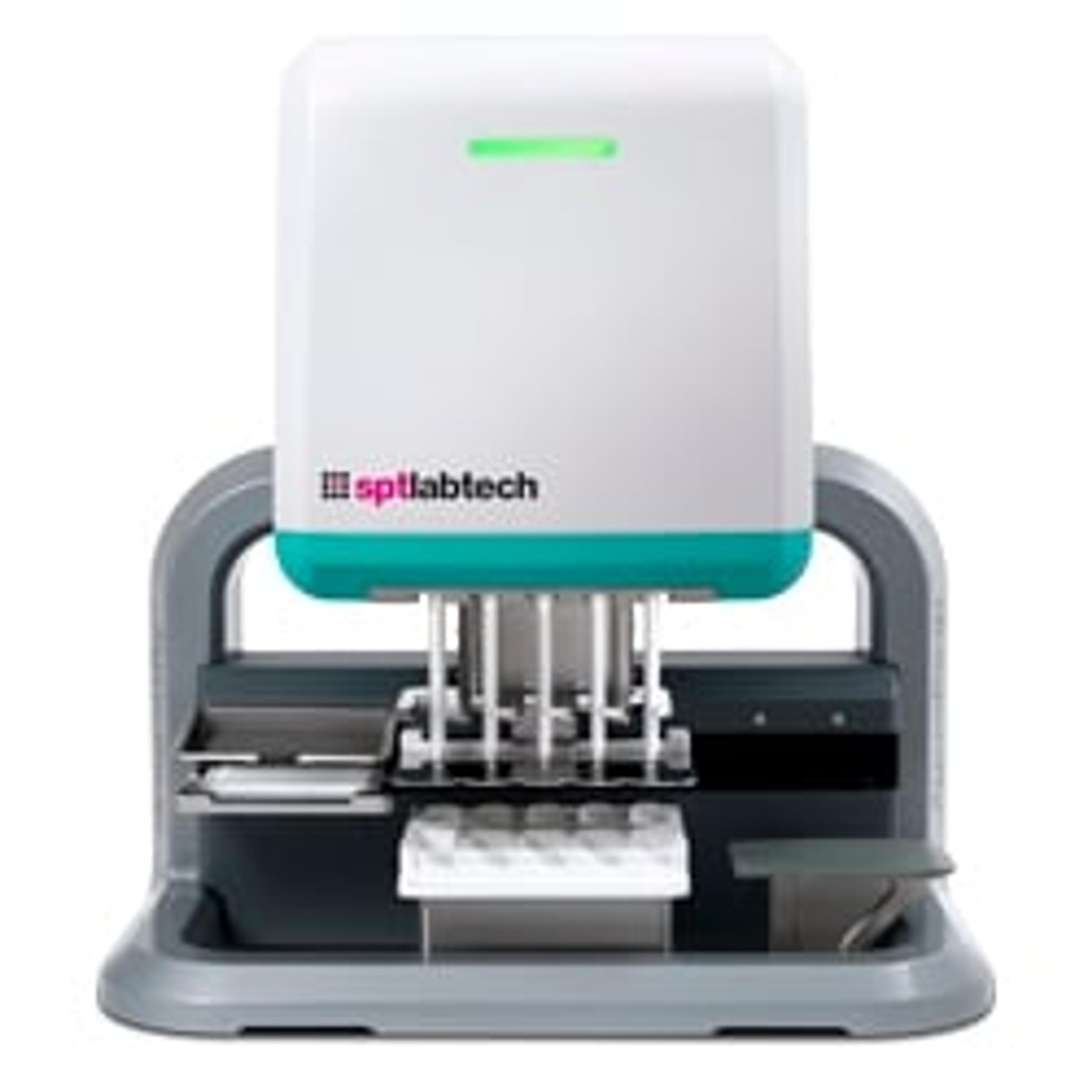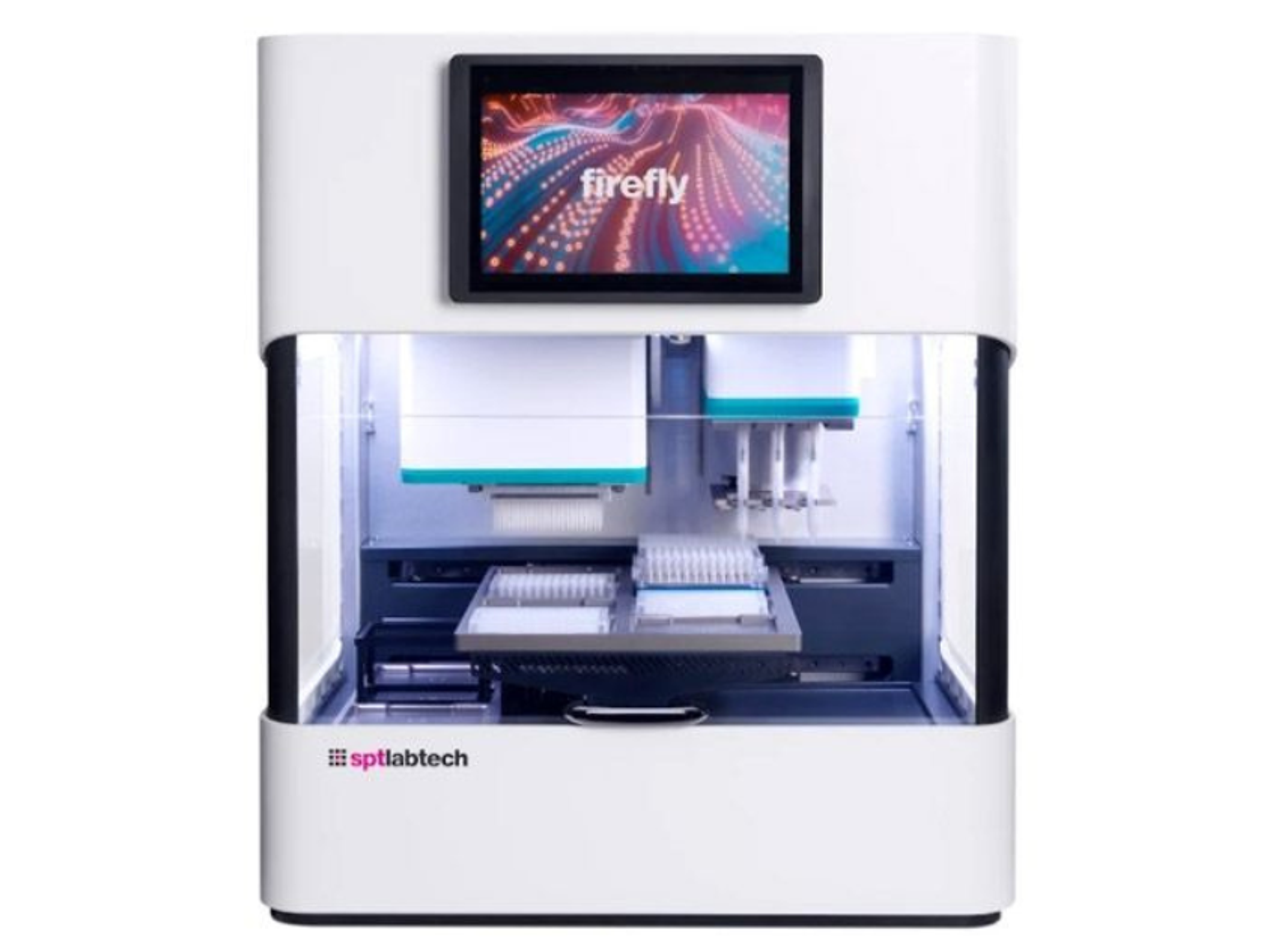A new era of DNA synthesis: Improving speed, scalability and sustainability
This guest editorial outlines how the collaboration between Camena Bioscience and SPT Labtech is driving innovation in the field of DNA synthesis
15 Jul 2025The team at Camena Bioscience is pioneering a novel approach to DNA synthesis, addressing the long-standing challenges of throughput, scale, and accuracy. Founded in 2016, Camena’s mission is to build synthetic genes of any sequence, length or complexity, that not only meet the demands of modern research but also promote sustainable practices by minimizing the use of toxic agents. This case study explores how Camena’s innovative gSynth® platform and strategic use of SPT Labtech automated liquid handling are reshaping the field of DNA synthesis, and the advantages that this offers in applications such as multiplexed CRISPR editing and drug discovery.
Overcoming the limitations of traditional DNA synthesis
Since the 1980s, DNA synthesis has largely been performed using phosphoramidite chemistry. Despite being the industry standard, the efficiency of this process drops significantly when producing long or complex DNA sequences, increasing the risk of errors and low yields, and in many cases sequences are completely inaccessible. As therapeutic applications increasingly require longer DNA sequences, the limitations of this method have become a bottleneck to research progress.
Camena has introduced a paradigm shift with its gSynth platform, an enzymatic-based technology that bypasses the drawbacks of phosphoramidite chemistry. Unlike other enzymatic approaches that rely on the TdT (terminal deoxynucleotidyl transferase) enzyme, which can introduce nucleotide bias and compromise accuracy, Camena’s TdT-free technology ensures high fidelity and scalability. This enables the precise synthesis of any DNA sequence, regardless of its length or complexity, opening new possibilities for synthetic biology applications.
As this technology leverages natural enzymes, it eliminates the need for vast amounts of harmful reagents and solvents that are required using the traditional chemistry method. It is estimated that one kilogram of phosphoramidite base material produces over ten tons of waste. The gSynth platform delivers a greener solution that better aligns with the growing demand for environmentally conscious research practices in large pharma.
Advancing CRISPR Technologies
The ability to produce long and complex DNA with accuracy and at scale is critical for unlocking the potential of CRISPR for screening and drug discovery. Precise guide RNAs (gRNAs) ensure the efficiency and reliability of CRISPR edits within an organism’s genome.
Particularly in the case of multiplexed CRISPR screens, which facilitate insights into complex genetic conditions by editing multiple genes at once, progress has been limited by the shortfalls of phosphoramidite chemistry. It is here that the gSynth platform promises to significantly improve screening efficiency, shaving months from discovery programs and accelerate the development of new therapeutics.
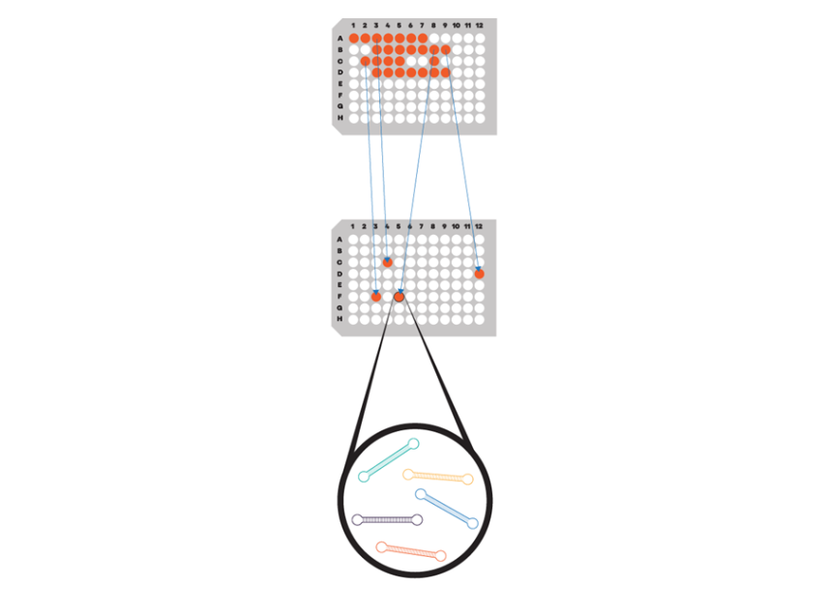
Precise de novo gene synthesis with the gSynth platform is carried out by pipetting specific mixtures of reagents in 384-well plates, making the process an ideal candidate for automation
Scaling with automation
To better support their pharmaceutical customer base, the team at Camena Bioscience needed to scale quickly. Following Series A funding, the team embarked on an ambitious automation program, implementing liquid handling technology from SPT Labtech to streamline manual lab operations. This included:
- apricot S3 for quick and versatile 384-channel pipetting
- dragonfly® discovery for non-contact positive displacement reagent dispensing
These technologies have been pivotal in driving scalability, enabling the team to achieve a tenfold increase in output within just six months.
Since Marcella Ferrero joined as automation specialist, she has guided the team in further optimizing processes by implementing firefly®, SPT Labtech’s all-in-one liquid handling platform that combines the functionalities of apricot S3 and dragonfly discovery, as well as process capabilities for on-deck shaking and thermal incubation. This compact, benchtop instrument boosts walkaway time by automating complex protocols with minimal user intervention.
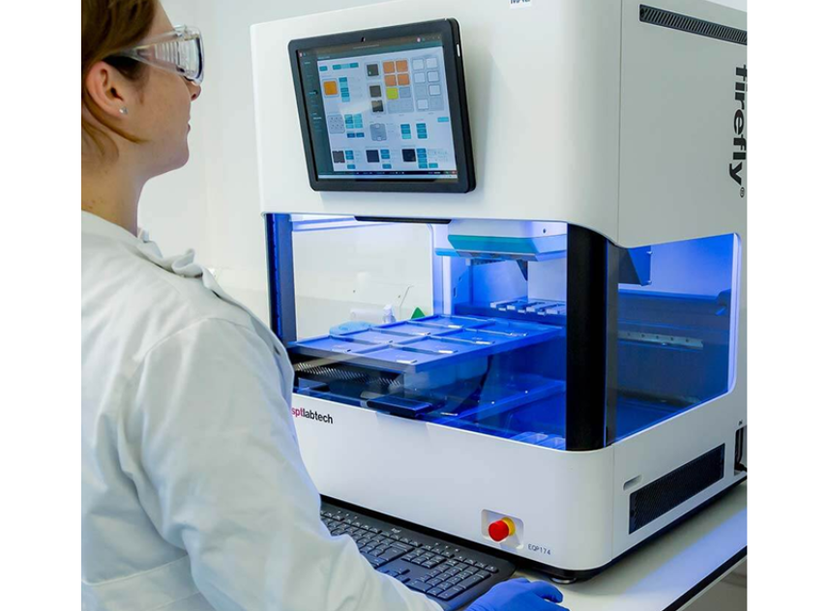
Thanks to the versatility of apricot S3 and dragonfly discovery, the team have continued to find value in these solutions for other day-to-day tasks, including automating vital quality control steps
Choosing the right automation partner
The choice of SPT Labtech as an automation partner was strategic. Reliability and versatility were key factors in the decision, as Camena required systems that could seamlessly integrate into their workflows and support their rapid scaling ambitions. The partnership with SPT Labtech has not only facilitated Camena’s growth but also provided valuable feedback to SPT Labtech, driving the development of products that meet the evolving needs of real-world laboratories. This symbiotic relationship underscores the importance of collaboration between disruptive biotech companies and technology providers in advancing scientific research.
Future outlook
Looking ahead, Camena plans to continue expanding their automation capabilities to further increase throughput and reduce manual intervention. As early adopters of the firefly+ expansion, which features an integrated thermocycler and additional labware capacity, they are well-positioned to meet their ambitious high-scale targets.
The ongoing partnership with SPT Labtech will play a crucial role in this evolution, ensuring that Camena remains at the forefront of high-throughput, high-quality DNA synthesis.
To learn more about Camena visit the website: www.camenabio.com

